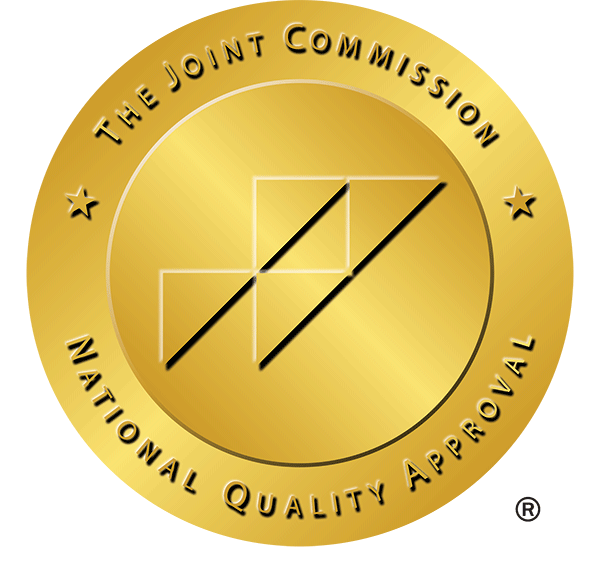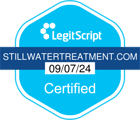In a society focused on alcohol and socializing, one topic that isn’t focused on heavily is the addictive nature of alcohol.
In fact, alcohol use disorders, more commonly known as alcohol dependence or alcoholism, impact approximately 14.5 million people according to a 2019 study. Additionally, this same study found that 1 in 4 individuals over the age of 18 binge drinking, which can be a contributing factor in the development of alcoholism.
Through Stillwater Behavioral Health, people are taking back their lives and their sobriety by participating in our alcohol addiction treatment programs. Our tailored treatments are specifically designed to meet the client where they are and help them grow to achieve their sobriety goals.
If you are interested in improving your physical and mental health, contact us today at Stillwater Behavioral Health.
What Is Alcohol?
Alcohol is the intoxicating ingredient in beer, wine, and liquor. Produced through the fermentation process, alcohol is a depressant. This means that it slows down the central nervous system and all other functions in the body.
The affect that alcohol has on the body is dependent on the amount consumed. Because it is processed at approximately one “drink” per hour, the remainder of the alcohol stays in a person’s system until it can be flushed out by the liver.
You may be able to identify someone who is under the influence of alcohol by the following symptoms:
- Reactions
- Slow or delayed reactions
- Inhibitions
- Loud, annoying others, drinking more/faster than usual
- Physical Appearance
- Disheveled appearance, watery eyes, lack of focus
- Coordination
- Fumbling, spilling drink, falling, bumping into others
- Judgment
- Argumentative, careless with money, irrational statements, making risky/unsafe choices
While these symptoms aren’t exhaustive, the impact of alcohol is. Alcohol impairs motor coordination and affects the ability to drive and even see straight.
If you or a loved one are struggling with alcohol by consuming it illegally or in an unsafe manner, contact Stillwater Behavioral Health today. Our personalized alcohol addiction treatment programs are designed to meet your specific needs.
Why Is Alcohol Addictive?
Alcohol is addictive because of the way that it impacts the body. When your body has alcohol in it, it may feel relaxed and you may have fewer inhibitions, which is a very positive feeling for individuals with anxiety or stress disorders.
When the body feels good it releases endorphins and dopamine. This physical response to the alcohol can trigger the reward center of the brain indicating that this is what is making it happy and that the person should do it again. Soon, more alcohol needs to be consumed to get the same effect creating a tolerance to alcohol.
What Are the Signs of Alcohol Addiction?
According to the CDC, “Drinking is a problem if it causes trouble in your relationships, in school, in social activities, or in how you think and feel.” This means that if you are struggling because of alcohol, you may have a problem and alcohol addiction treatment may be necessary to support it.
Can Stillwater Behavioral Health Help Me?
Stillwater Behavioral Health can help you every step of the way through the addiction treatment and rehabilitation process.
Individuals who are struggling with alcohol and/or drugs may find themselves feeling overwhelmed at the process and thought of recovery. But at Stillwater Behavioral Health, we provide a safe environment with compassionate and supportive care starting in detoxification and continuing through treatment and aftercare.
Our clients work with our medical experts to create treatment programs that work to support them on a personal level. Through intensive individual counseling and group therapy, clients struggling with addiction can develop the self-management and coping skills necessary for success.
Through our luxury treatment center, we have helped individuals overcome their addiction and live and maintain sobriety long-term. Contact us today to see how we can help you.




